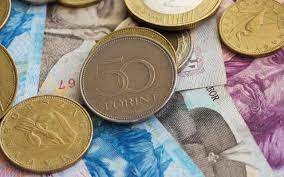Do you want to know Functions of Money In Economics?We will explain here.The word “money” has been derived from Latin word “Moneta” which was the surname of the Roman Goddess of Juno in whose temple at Rome, money was coined.There are two popular arguments regarding the origin of money. The first argument is that the man has not made any effort to discover money. It has come into being spontaneously to meet the expanding requirements of exchange of goods and services (Trade).
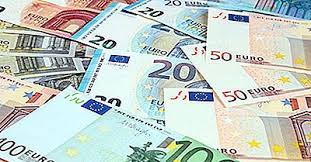
The second argument is that the money has come into existence to remove the difficulties of barter. Irrespective of these arguments, money has always been important to the people and economy. For the economic development of any country, it is considered as important as blood is considered for human body. ”
16 Functions of Money In Economics;Money performs the following functions:
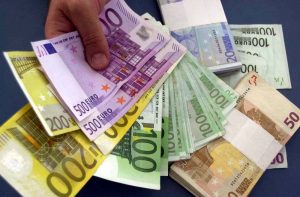
[PRIMARY FUNCTIONS]
- Medium of Exchange:
Money serves as medium of exchange for buying and selling goods or services. It is called medium of exchange because all exchanges take place in terms of money. In the modem money- exchange system, the prices of all goods and services are expressed in terms of money.
- Measure of Value:
The second important function of money is that it measures the values of all goods and services. Money is, thus, looked upon as a collective measure of value. Since all values are expressed in terms of money, it is easier to determine the rate of exchange among various types of goods and services.
[SECONDARY FUNCTIONS]
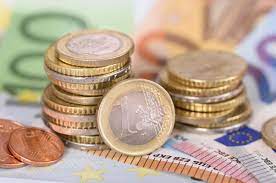
3.Standard of Deferred Payment:
Money acts as standard of deferred payments. Both borrowing as well as. lending is done in terms of money. Money has proved to be suitable standard of deferred payments for three reasons:
- The value of money remains stable as compared to the values of other commodities.
- Money is more durable as compared to other commodities.
- Money has the quality of general acceptability.
4.Store of Purchasing Power:
Savings were discouraged under the barter system and with the invention of money this difficulty has disappeared. Capital accumulation has now become possible because money can be set aside to purchase things later on.
5.Means of Transferring Purchasing Power:
The field of exchange also went on extending with growing economic development. Now, the exchange of goods extended to distant lands. It was, therefore, felt necessary to transfer purchasing power from one place to another. Money performed this function easily and quickly.
6.Market Mechanism:
Money is the base of market mechanism. In other words, market mechanism and the forces of demand and supply work only because of money. Money is the factor that leads to the meeting of demand and supply and determination of prices.
7.Instrument of Modern Economy:
Money is the basic and most important instrument of modem economy. All the economic policies are applicable only because of the fact it is possible to state the prices of everything in terms of money.
8.Monetary and Fiscal Management Tools:
Money is an important tool of monetary and fiscal policies of government. It plays its role in all kinds of economic actions taken by government. In fact taxes and public finance can only be generated because money is working in the economy.
9.Aids to Economic Activities:
All kinds of economic activities such as investments, savings, credit, advances, purchases and sales are made in terms of money. It has facilitated the process of expansion of trade and commerce.
[CONTINGENT FUNCTIONS]
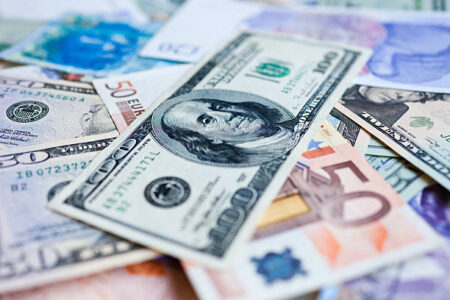
10.Basis of Credit:
In recent years, the importance of credit has increased in all the countries of world. Use of cheques, bills of exchange etc. has gone up. It should however, be remembered that money is the basis of credit. Without money, credit instruments cannot circulate.
11.Distribution of Income:
Modem production is made possible by the collective co- operation of the various factors of production. The share of each factor, out of total production, can be determined easily with the help of money.
12.Equalizing Marginal Productivity and Utility:
Money plays an important role in equalizing the marginal utility of the consumer because the prices of all commodities are expressed in terms of money. Money also helps the producer in equalizing marginal productivities because ultimately these productivities are measured in terms of money.
13.Increase in Utilization of Capital:
Money is the most liquid ty je of capital. It can be put to any use. On the account of this liquidity of money, capital can be transferred from less productive to more productive uses.
14.MaintainingRepaymen t Capacity:
Money possesses the quality of general acceptability. So to maintain its repayment capacity, every firm has to keep some amount of liquid money in its assets. By doing so, the firm safeguards its repayment capacity.
15.Generalized Purchasing Power:
Purchasing power stored in terms of money can be put to any use. It is not essential that money should be used for the purpose for which it has been saved.
16.1Development of International Trade:
The wealth can be transferred easily from one country to another through money and payment can be made or received at any place of the world in no time. Thus, the use of money has made the international trade more brisk and secure.
